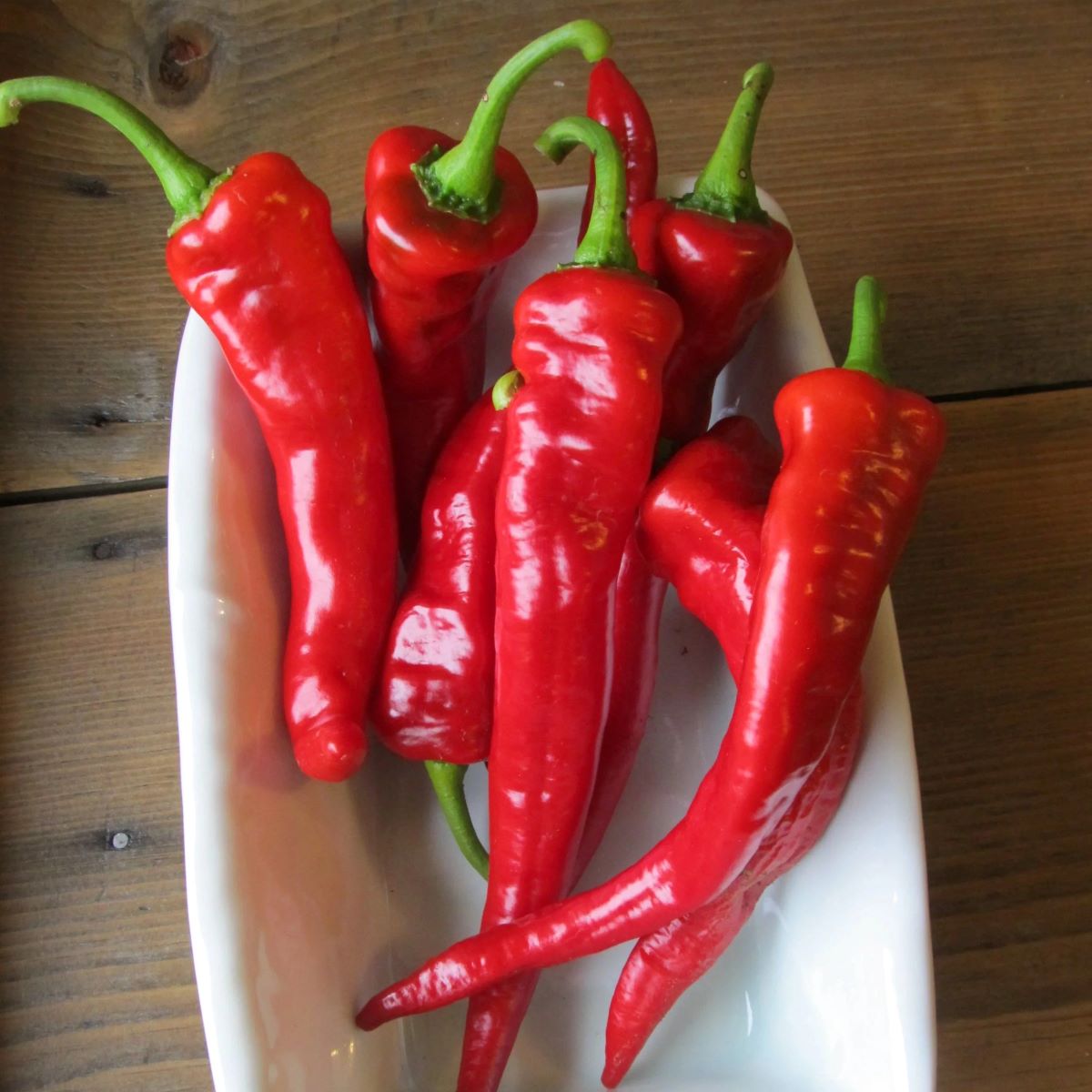

Articles
How To Store Hot Peppers In The Fridge
Modified: December 7, 2023
Learn how to store hot peppers in the fridge and keep them fresh for longer with these helpful articles.
(Many of the links in this article redirect to a specific reviewed product. Your purchase of these products through affiliate links helps to generate commission for Storables.com, at no extra cost. Learn more)
Introduction
Hot peppers are a staple ingredient in many cuisines around the world. Their fiery flavor and vibrant colors add a delightful kick to dishes, making them a favorite among spicy food enthusiasts. But what do you do when you have an abundance of hot peppers and you want to store them for future use? The answer lies in properly storing them in the fridge.
Whether you grow your own hot peppers or purchase them in bulk, it’s essential to store them correctly to maintain their freshness and flavor. Hot peppers, like all perishable produce, are susceptible to spoilage and decay if not stored properly. In this article, we will explore the reasons why storing hot peppers in the fridge is important and provide you with a step-by-step guide on how to do it.
Key Takeaways:
- Properly storing hot peppers in the fridge preserves their fiery flavor, extends shelf life, and ensures convenient accessibility for cooking, making them a staple ingredient in any spicy food enthusiast’s kitchen.
- Selecting fresh peppers, using proper storage containers, and following key tips can maximize the shelf life of hot peppers in the fridge, allowing for their versatile use in a wide range of delicious recipes.
Read more: How To Store Green Peppers In The Fridge
Why Store Hot Peppers in the Fridge
Storing hot peppers in the fridge comes with a range of benefits that help preserve their quality and extend their shelf life. Here are a few reasons why it’s essential to store hot peppers in the fridge:
- Prolongs Freshness: Hot peppers have a limited shelf life, and their quality can deteriorate quickly at room temperature. Placing them in the fridge slows down the natural ripening process, helping to maintain their freshness for a longer time.
- Retains Flavor: Hot peppers contain volatile oils responsible for their distinct taste and spiciness. These oils can dissipate when exposed to warm environments, making the peppers lose their flavor. By keeping them in the fridge, you can retain the maximum flavor and intensity of the peppers.
- Reduces Spoilage: Hot peppers are prone to molding and spoilage, especially if they are not properly stored. The cold temperature in the fridge inhibits the growth of bacteria and mold, reducing the chances of spoilage and extending the shelf life of the peppers.
- Preserves Nutritional Value: Hot peppers, like many other fruits and vegetables, contain valuable nutrients such as vitamin C, vitamin A, and antioxidants. Storing them in the fridge helps to retain these nutrients, ensuring that you reap the maximum health benefits when consuming them.
- Convenient Accessibility: Keeping hot peppers in the fridge makes them readily available for use in your cooking. You can easily grab a pepper whenever you need it, saving you time and effort.
By understanding the reasons behind storing hot peppers in the fridge, you can make informed decisions about how to best preserve their quality and maximize their usability.
Selecting and Preparing Hot Peppers for Storage
Before you start storing hot peppers in the fridge, it’s important to select the right peppers and prepare them properly. Here are a few tips to help you:
- Choose Fresh and Firm Peppers: Select hot peppers that are firm, plump, and free from blemishes or soft spots. Avoid peppers that are wrinkled or discolored, as these signs indicate that they are past their prime.
- Handle with Care: Hot peppers can cause skin and eye irritation, so it’s essential to wear gloves while handling them. Also, be cautious not to touch your face or eyes after handling peppers and wash your hands thoroughly with soap and water.
- Remove Stems and Seeds: Trim the stems off the peppers using a sharp knife. If you prefer milder heat, remove the seeds by cutting the pepper lengthwise and scooping them out with a spoon. Leaving the seeds may intensify the spiciness of the peppers.
Once you have selected and prepared the hot peppers, you are ready to store them in the fridge. But before doing so, you need to make sure you have the right storage containers.
Proper Storage Containers for Hot Peppers
Choosing the right storage containers is crucial for maintaining the quality of hot peppers in the fridge. Here are a few options that work well for storing hot peppers:
- Plastic Bags: Plastic bags are a convenient and inexpensive option for storing hot peppers. Make sure to choose resealable bags to keep the peppers fresh and prevent moisture from entering.
- Plastic Containers: Airtight plastic containers are another great option for storing hot peppers. They provide better protection against moisture and help maintain the peppers’ texture. Make sure the container is clean and dry before storing the peppers.
- Glass Jars: Glass jars can be used to store hot peppers, especially if you plan to preserve them in pickling solutions or oils. Ensure the jars are sterilized before use to prevent bacterial growth.
When selecting a storage container, consider the size and quantity of hot peppers you need to store. Choose a container that allows airflow and prevents the peppers from being crushed or squished. It’s also a good idea to label the container with the date of storage for easy reference.
Now that you have the proper storage containers, let’s move on to the step-by-step process of storing hot peppers in the fridge.
To store hot peppers in the fridge, place them in a perforated plastic bag to maintain moisture and prevent them from becoming too damp. Keep them in the crisper drawer for best results.
Steps for Storing Hot Peppers in the Fridge
Storing hot peppers in the fridge requires a few simple steps to keep them fresh and flavorful. Follow these steps to store hot peppers in your refrigerator:
- Wash the Peppers: Before storing, gently rinse the hot peppers under cold water to remove any dirt or debris. Pat them dry with a clean kitchen towel.
- Prepare the Storage Container: Choose an appropriate storage container, whether it’s a plastic bag, plastic container, or glass jar. Ensure the container is clean and dry.
- Pack the Peppers: If using plastic bags, place the peppers inside and seal them tightly, pressing out any excess air. For plastic or glass containers, arrange the peppers in a single layer, leaving some space between them to allow for air circulation.
- Label the Container: If desired, label the storage container with the date of storage to keep track of freshness.
- Store in the Fridge: Place the container of hot peppers in the refrigerator. Ideally, store them on a shelf, rather than in the door, as the temperature tends to be more consistent there.
- Check and Rotate: Periodically check the peppers for any signs of spoilage or decay. If you notice any peppers that have gone bad, remove them promptly to prevent spoilage from spreading to other peppers. If using multiple containers, rotate them to ensure even cooling.
By following these steps, you can effectively store hot peppers in the fridge, maintaining their freshness and flavor for an extended period.
Read more: How To Store Bell Pepper In Fridge
Tips for Extending the Shelf Life of Hot Peppers
To maximize the shelf life of hot peppers stored in the fridge, here are some helpful tips to keep in mind:
- Do Not Wash Before Storage: It’s best not to wash hot peppers before storing them in the fridge. Moisture can promote spoilage, so it’s best to wash them just before you plan to use them.
- Avoid Excessive Handling: Excessive handling can cause bruising and damage to the peppers, which can lead to faster spoilage. Only handle the peppers as necessary and avoid unnecessary squeezing or pressing.
- Store Whole Peppers: It’s recommended to store hot peppers whole, as cutting them can expose the flesh to air and accelerate decay. If you only need a portion of a pepper, wrap the remaining portion tightly and return it to the fridge.
- Check and Remove Spoiled Peppers: Regularly inspect the stored hot peppers for any signs of mold, soft spots, or foul odor. If you find any spoiled peppers, remove them immediately to prevent the decay from spreading to the other peppers.
- Keep Away from Ethylene-Producing Foods: Ethylene is a natural gas that accelerates the ripening process in fruits and vegetables. Keep hot peppers away from ethylene-producing fruits like apples, bananas, and tomatoes, as exposure to the gas can cause them to spoil faster.
- Do Not Freeze Hot Peppers: Freezing hot peppers can alter their texture and cause them to become mushy. It’s best to store them in the fridge rather than freezing them, as the cold temperature will help retain their quality.
- Use a Crisper Drawer: If your refrigerator has a crisper drawer, utilize it for storing hot peppers. The humidity control in the drawer can help maintain the freshness of the peppers.
By following these tips, you can extend the shelf life of your hot peppers, ensuring they remain fresh and ready to use for longer periods.
Using Stored Hot Peppers in Recipes
Now that you have successfully stored hot peppers in the fridge, it’s time to put them to delicious use in your recipes. Here are some creative ways to incorporate stored hot peppers into your dishes:
- Add Heat to Soups and Stews: Hot peppers can add a delightful kick to soups, stews, and chili. Chop or slice the peppers and add them during the cooking process to infuse your dishes with spice.
- Create Spicy Sauces and Salsas: Blend or puree stored hot peppers with ingredients like tomatoes, onions, garlic, and lime juice to create flavorful and spicy sauces or salsas. Use these condiments as dips, toppings, or marinades.
- Infuse Oils and Vinegars: Slice hot peppers and steep them in olive oil or vinegar to infuse the flavors. These infused oils or vinegars can be used as dressings, marinades, or finishing touches to dishes.
- Make Spicy Pickles: If you have stored hot peppers in glass jars, use them to make spicy pickles. Heat a mixture of vinegar, water, salt, and spices, and pour it over sliced or whole peppers in the jar. Let them sit for a few days to develop delicious pickled flavors.
- Add Zing to Stir-Fries: Incorporate sliced hot peppers into stir-fry dishes to add heat and intensity. Pair them with vegetables, meats, or tofu for a spicy and flavorful meal.
- Enhance Dips and Salsas: Finely chop stored hot peppers and add them to guacamole, hummus, or other dips and salsas to give them an extra kick. Adjust the amount of peppers based on your desired level of spiciness.
- Create Spicy Infusions: Make spicy infusions by steeping hot peppers in liquids like alcohol, water, or vinegar. These infusions can be used to create unique cocktails, spicy beverages, or homemade hot sauces.
- Use as Toppings: Slice or dice stored hot peppers to use as toppings for pizzas, sandwiches, tacos, or burgers. The spicy kick will add an extra layer of flavor to your favorite dishes.
Experiment with different recipes and dishes to discover your favorite ways to use stored hot peppers. You can adjust the amount of peppers used based on your spice tolerance to achieve the perfect level of heat.
Conclusion
Properly storing hot peppers in the fridge is essential for preserving their freshness, flavor, and quality. By following the steps outlined in this article, you can extend the shelf life of hot peppers and enjoy their fiery goodness in your culinary creations for a longer period.
Storing hot peppers in the fridge slows down the ripening process, retains their flavor, reduces spoilage, and preserves their nutritional value. Choosing the right storage containers, such as plastic bags or airtight containers, is crucial for maintaining the peppers’ quality.
When selecting and preparing hot peppers for storage, choose fresh and firm peppers, handle them with care, and remove stems and seeds if desired. By taking these steps, you can ensure that the peppers are in the best condition before being stored in the fridge.
Additionally, incorporating tips like not washing peppers before storage, avoiding excessive handling, checking for spoilage, and keeping peppers away from ethylene-producing foods can further extend their shelf life.
Once you have stored hot peppers in the fridge, you can unleash their fiery flavors in various recipes. From adding heat to soups and stews to creating spicy sauces, pickles, and infusions, the possibilities are endless. The stored hot peppers can bring a delightful kick to your dishes and elevate their taste.
In conclusion, storing hot peppers in the fridge is a simple and effective way to maintain their quality and extend their shelf life. By following the guidelines and tips provided in this article, you can ensure that your hot peppers stay fresh, vibrant, and ready to enhance your culinary adventures whenever you need that spicy punch.
Frequently Asked Questions about How To Store Hot Peppers In The Fridge
Was this page helpful?
At Storables.com, we guarantee accurate and reliable information. Our content, validated by Expert Board Contributors, is crafted following stringent Editorial Policies. We're committed to providing you with well-researched, expert-backed insights for all your informational needs.
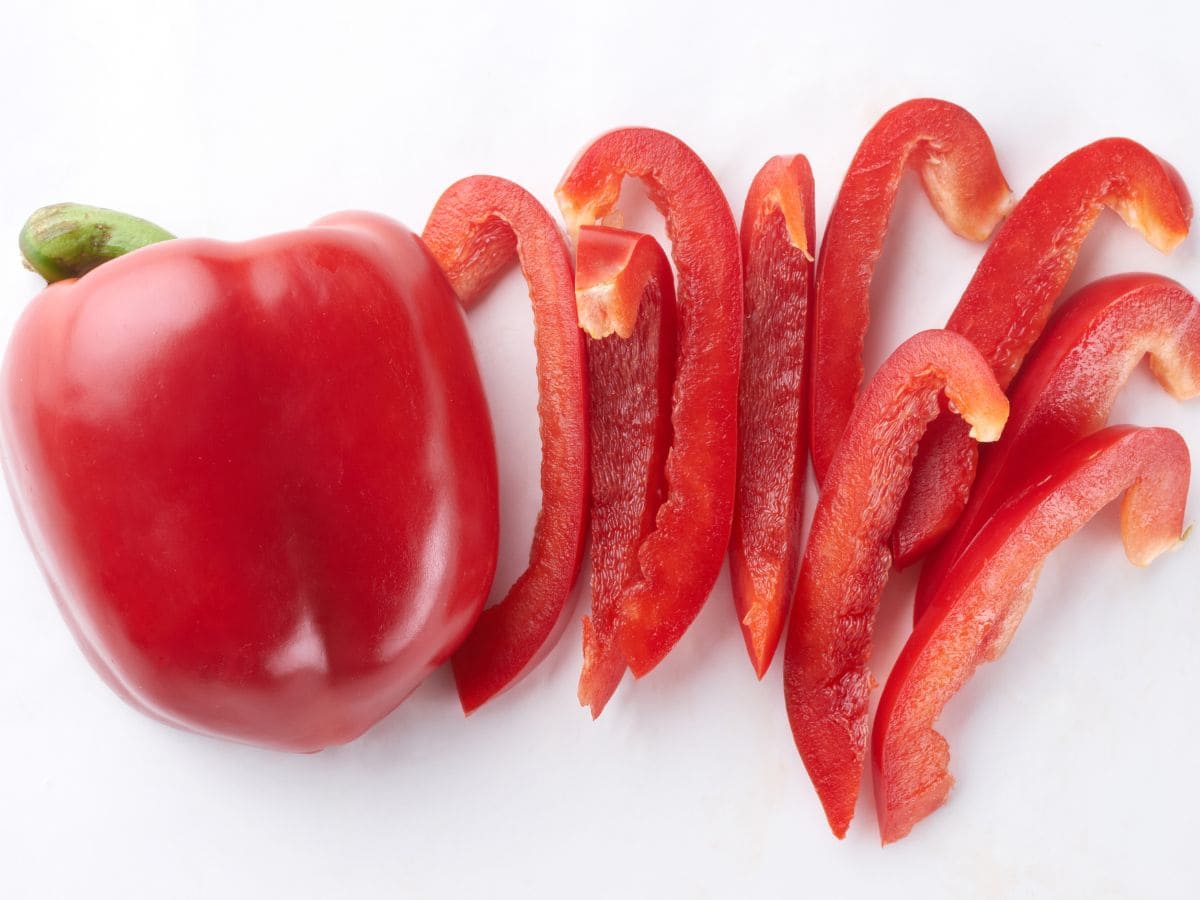
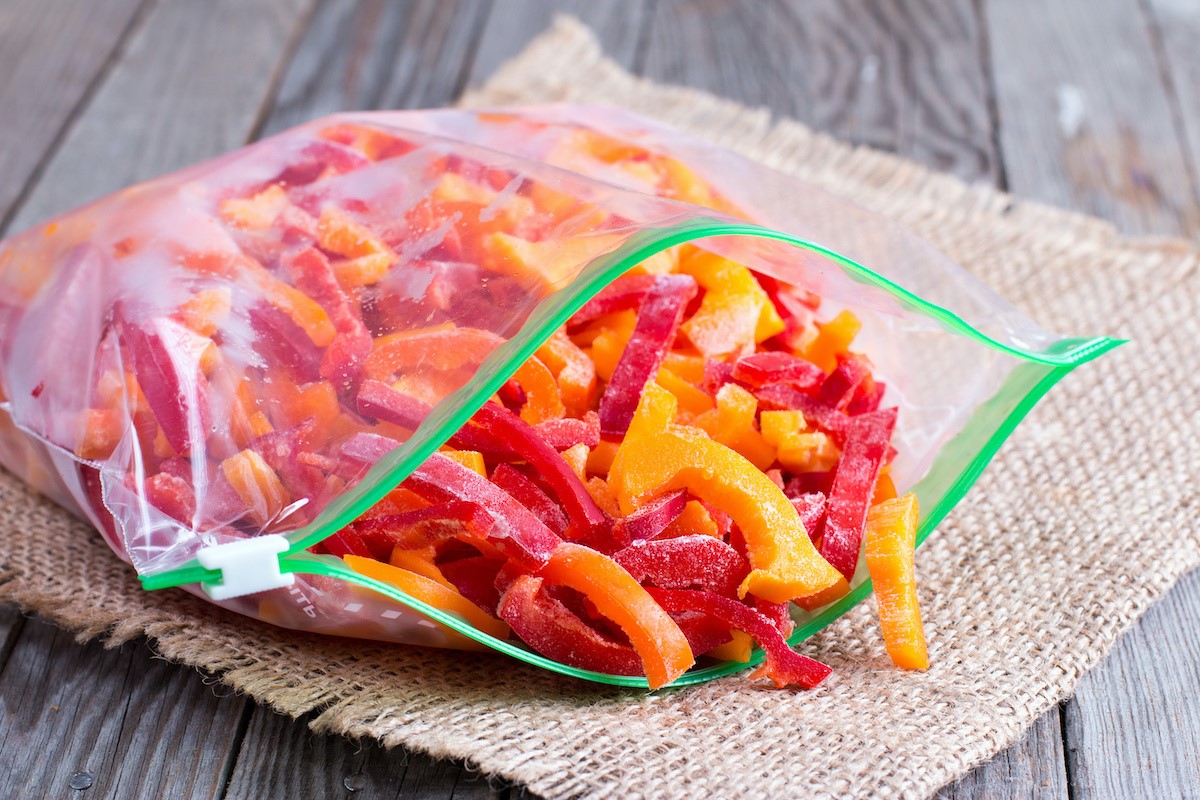
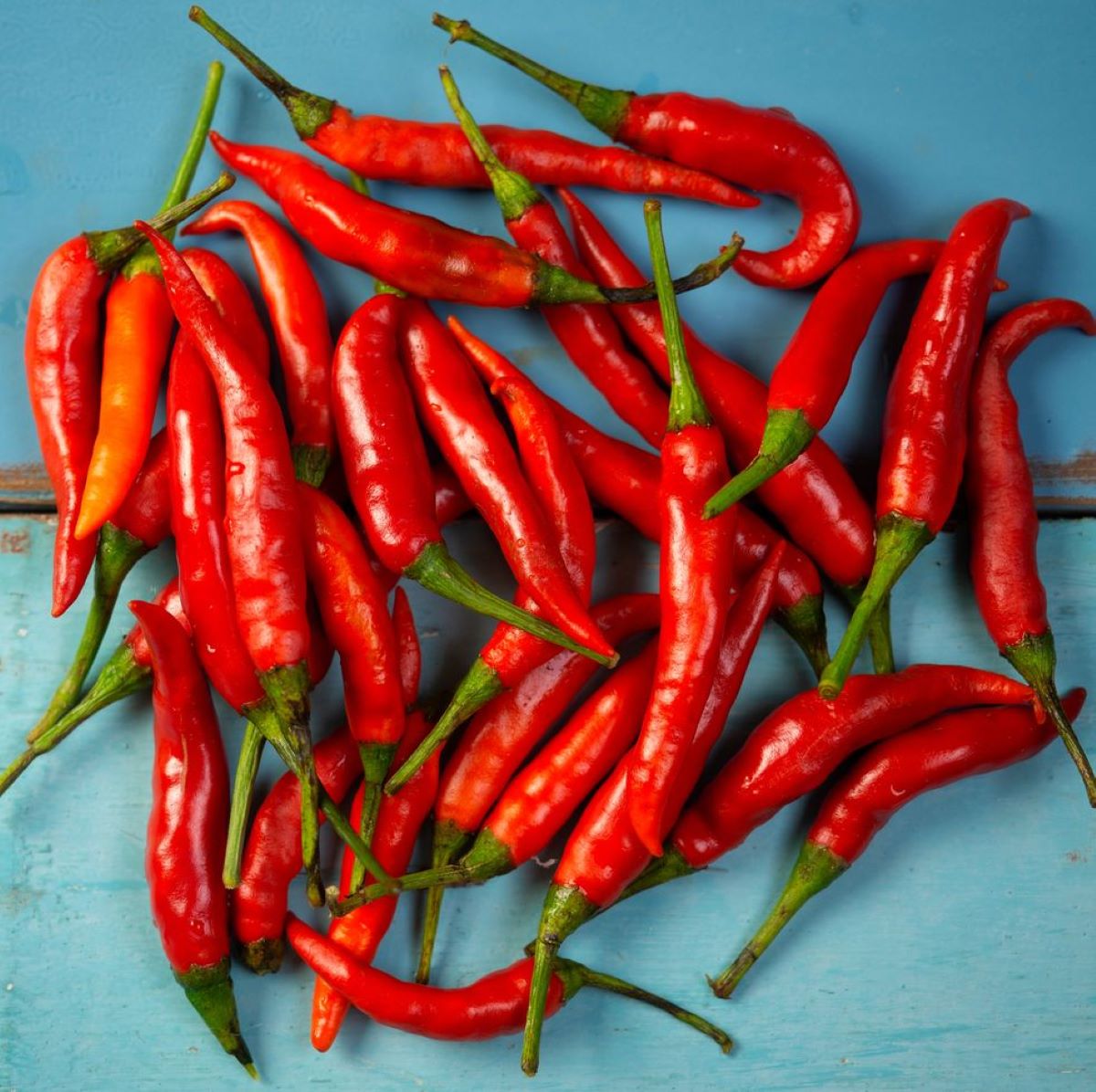
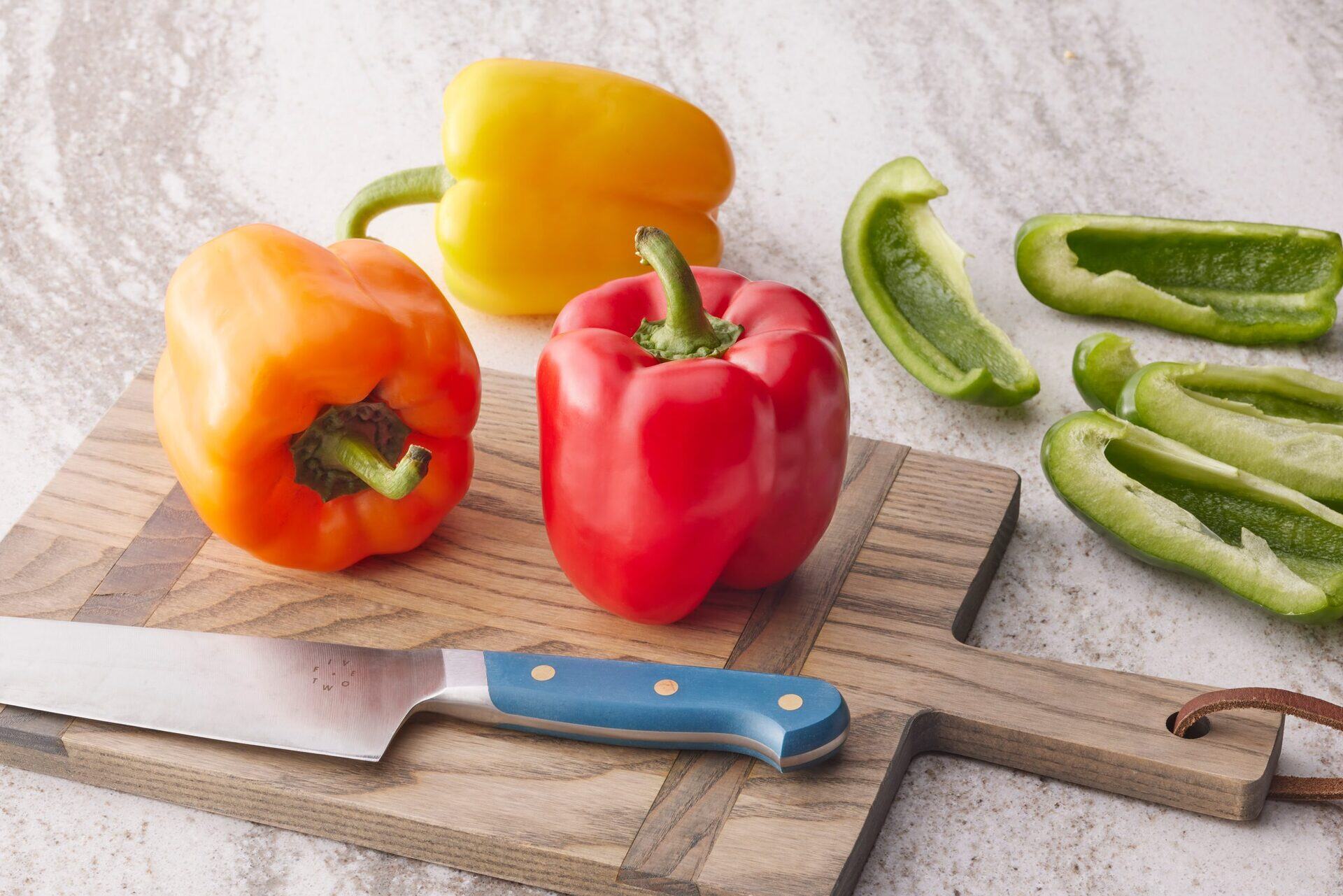
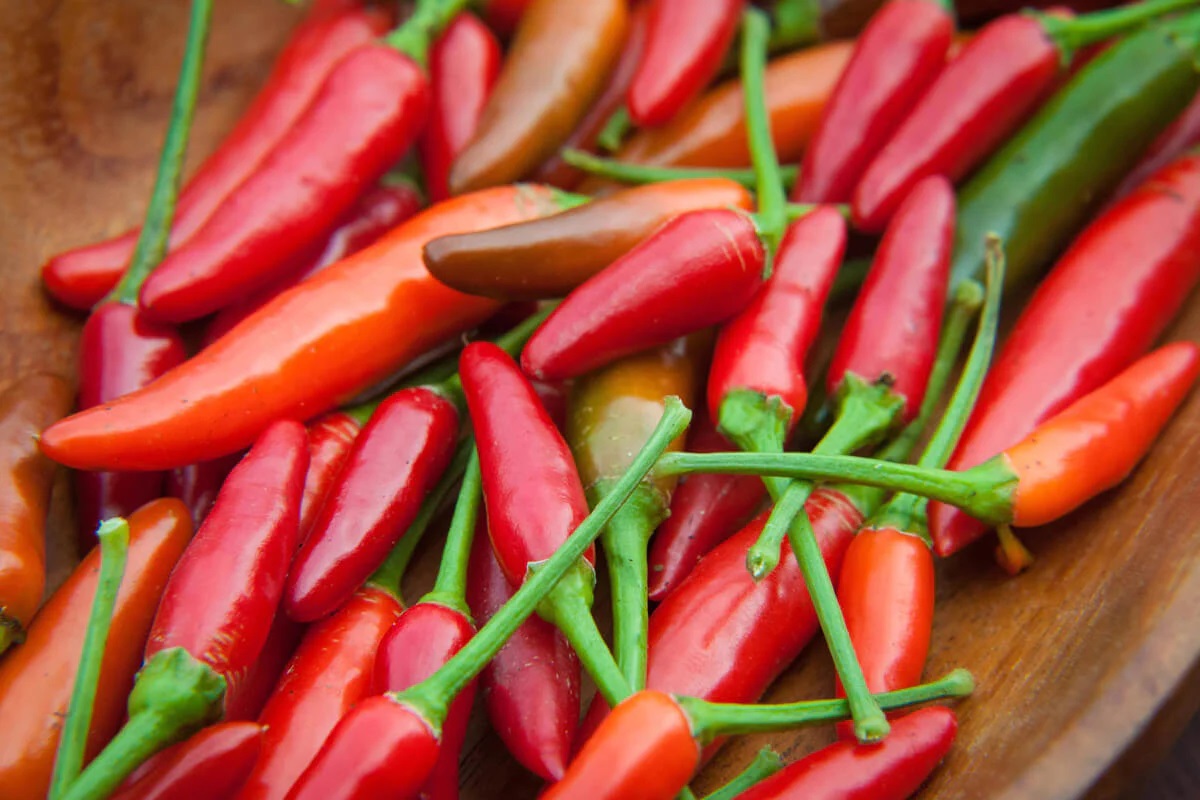
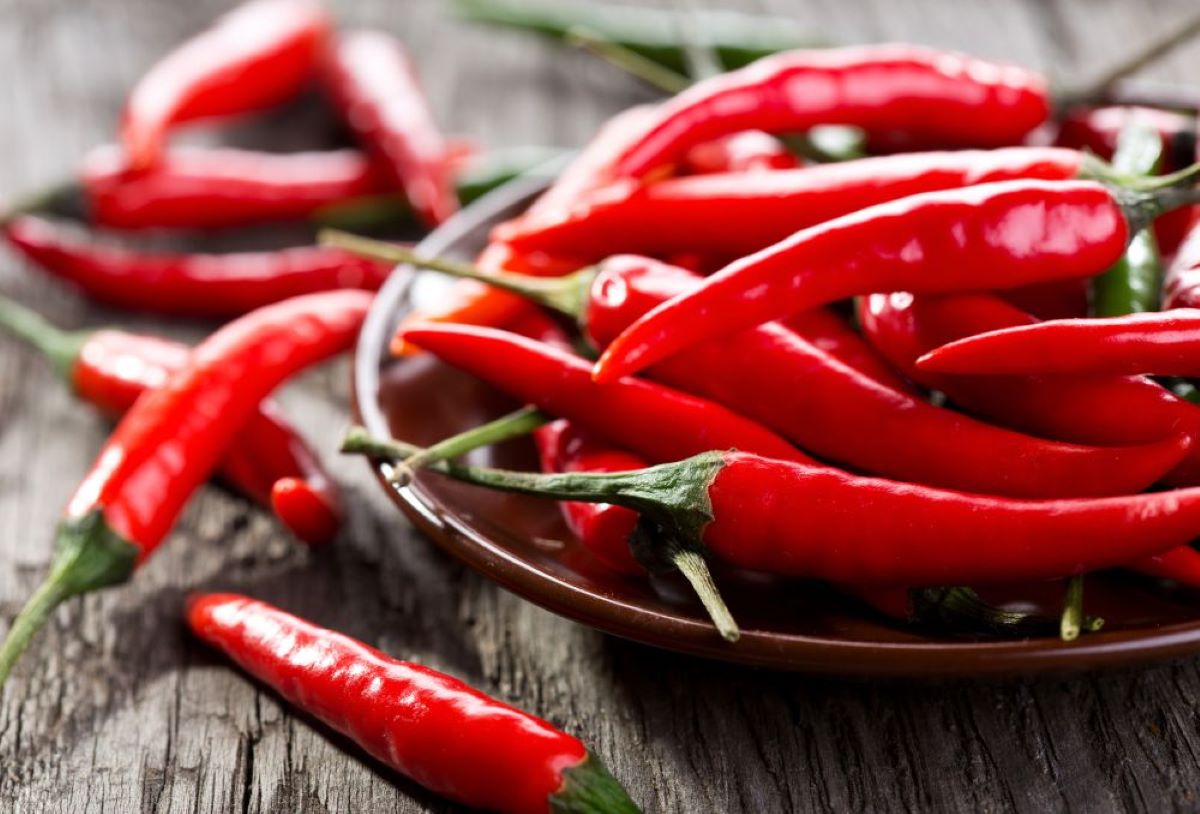
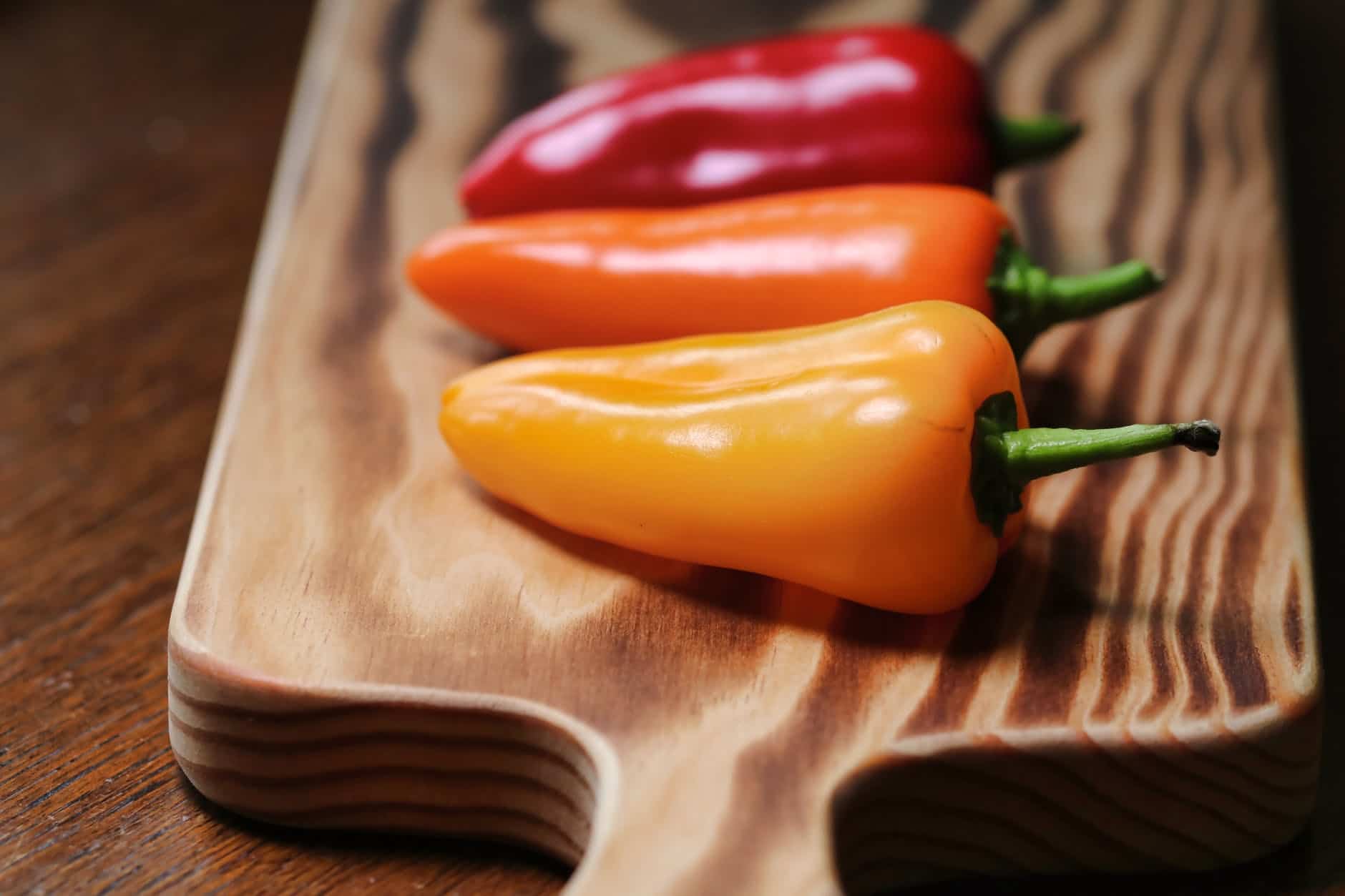
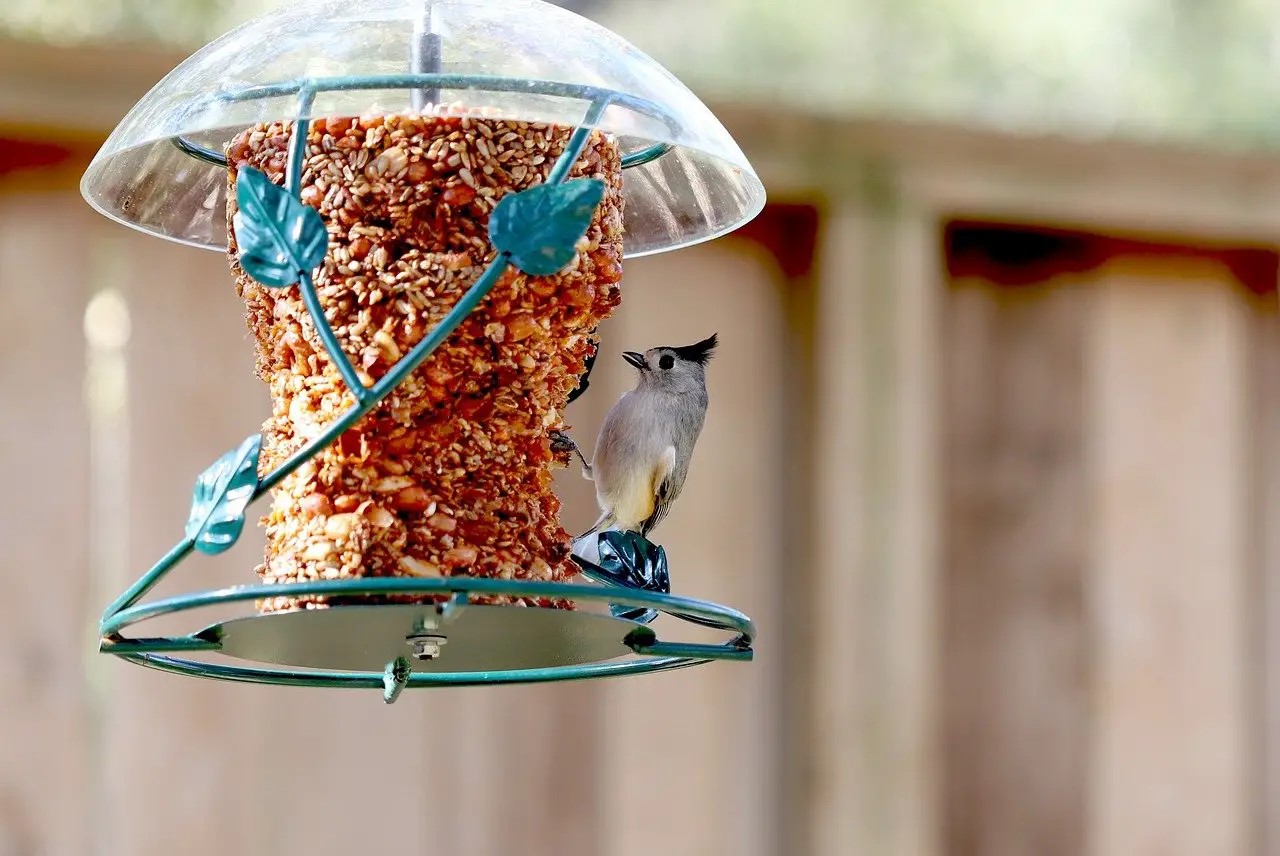
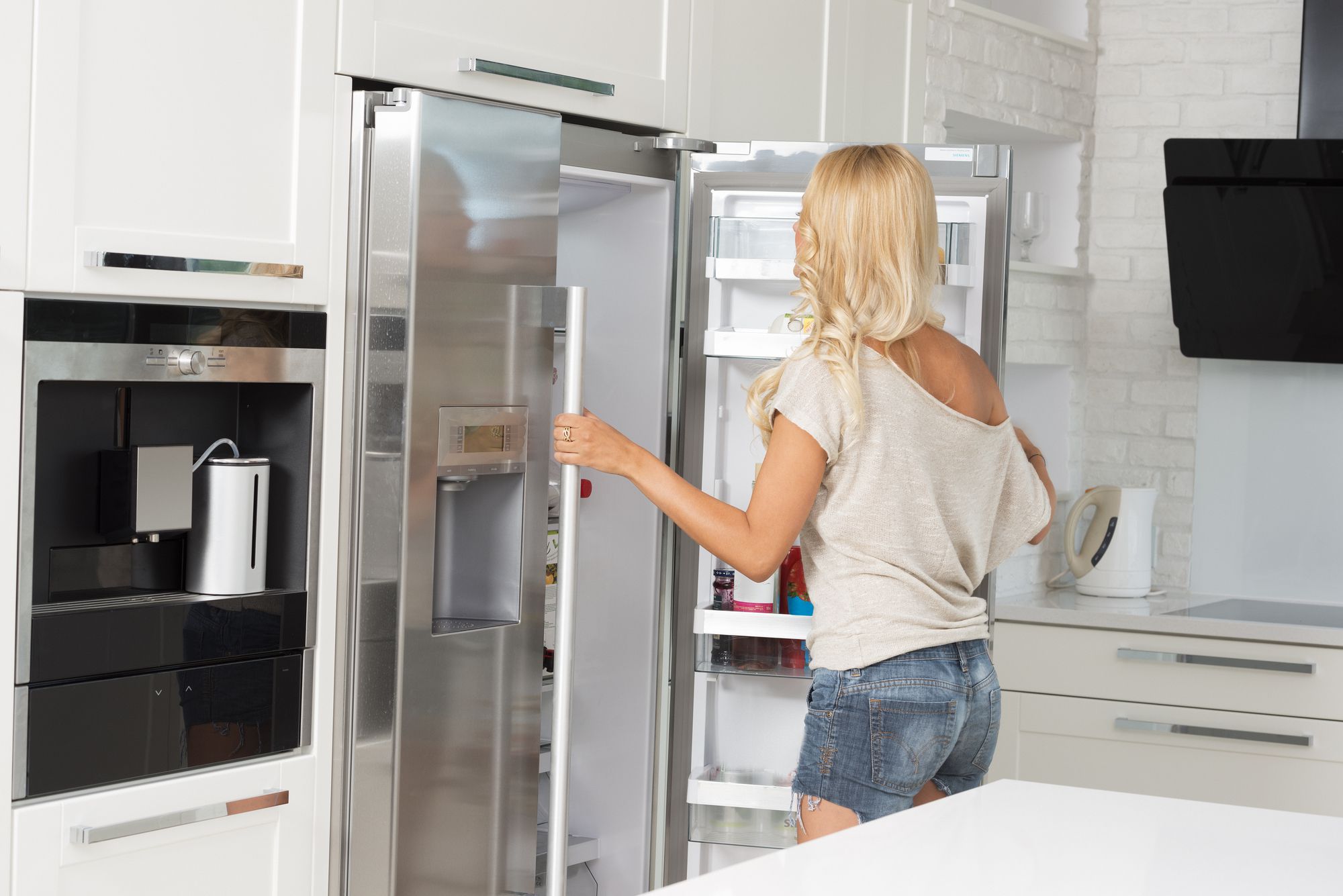
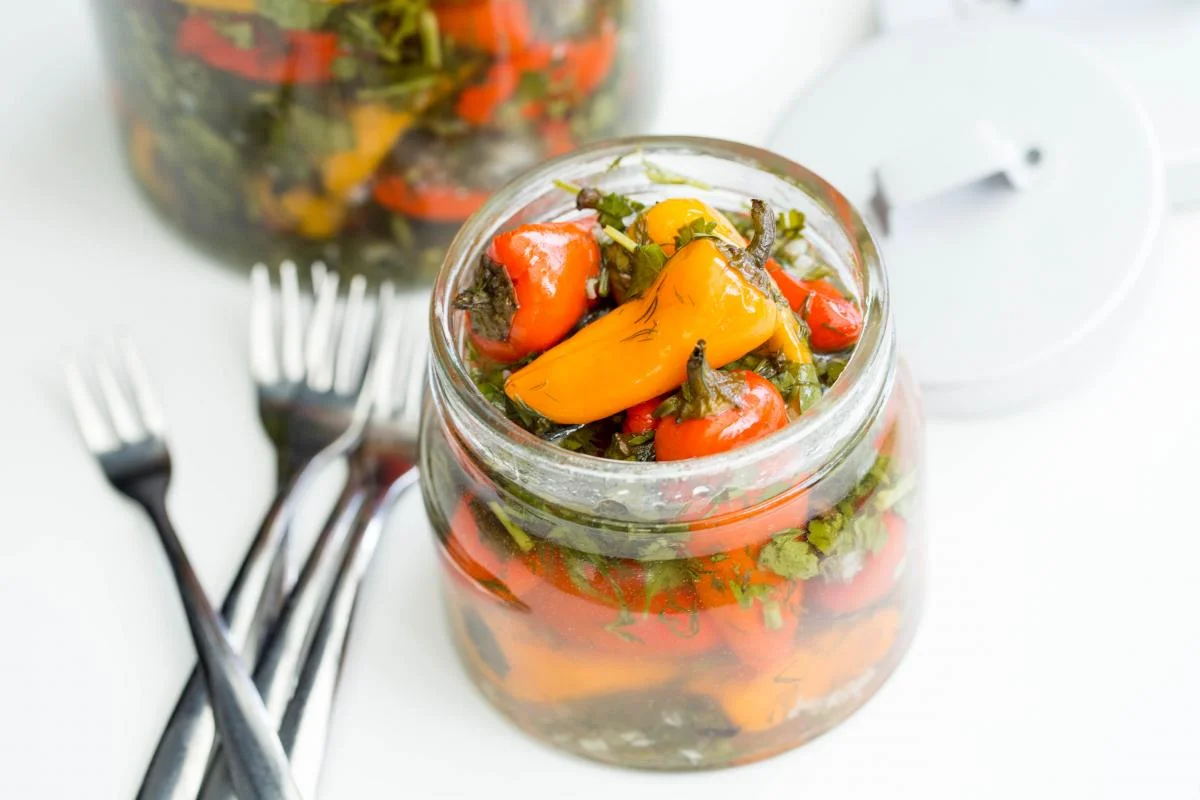
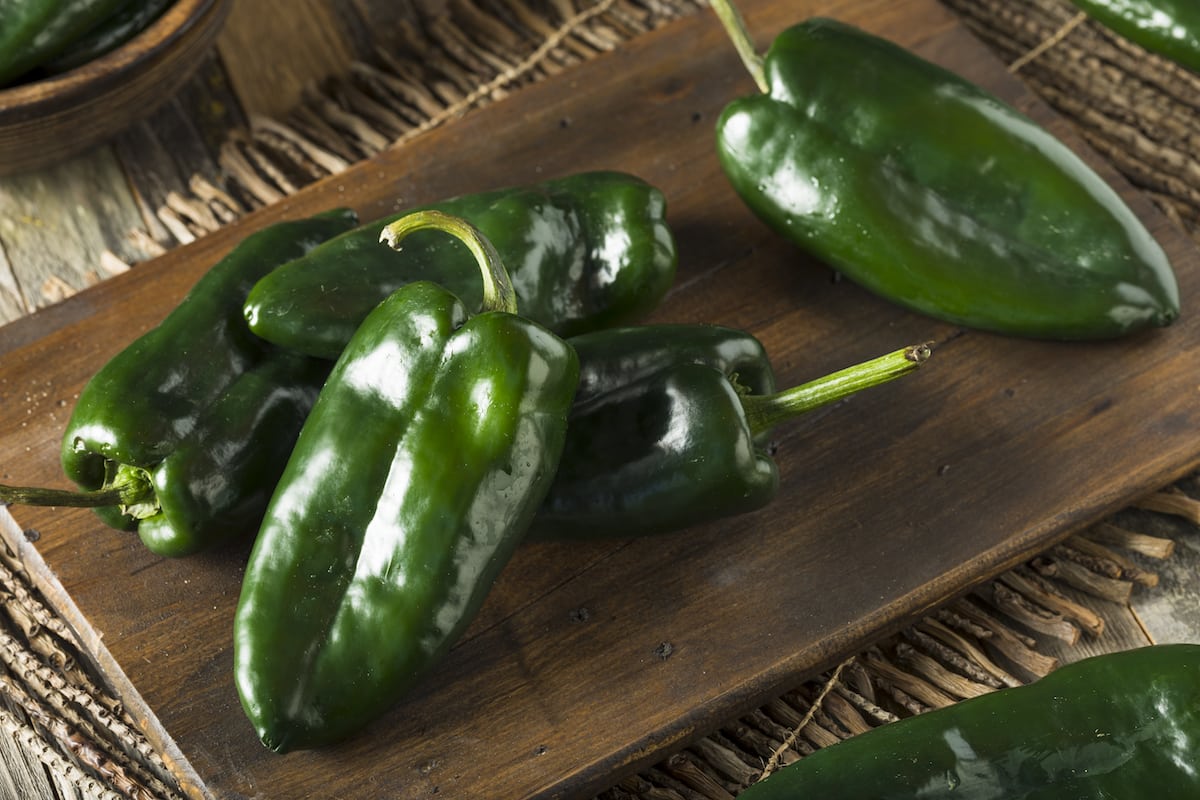
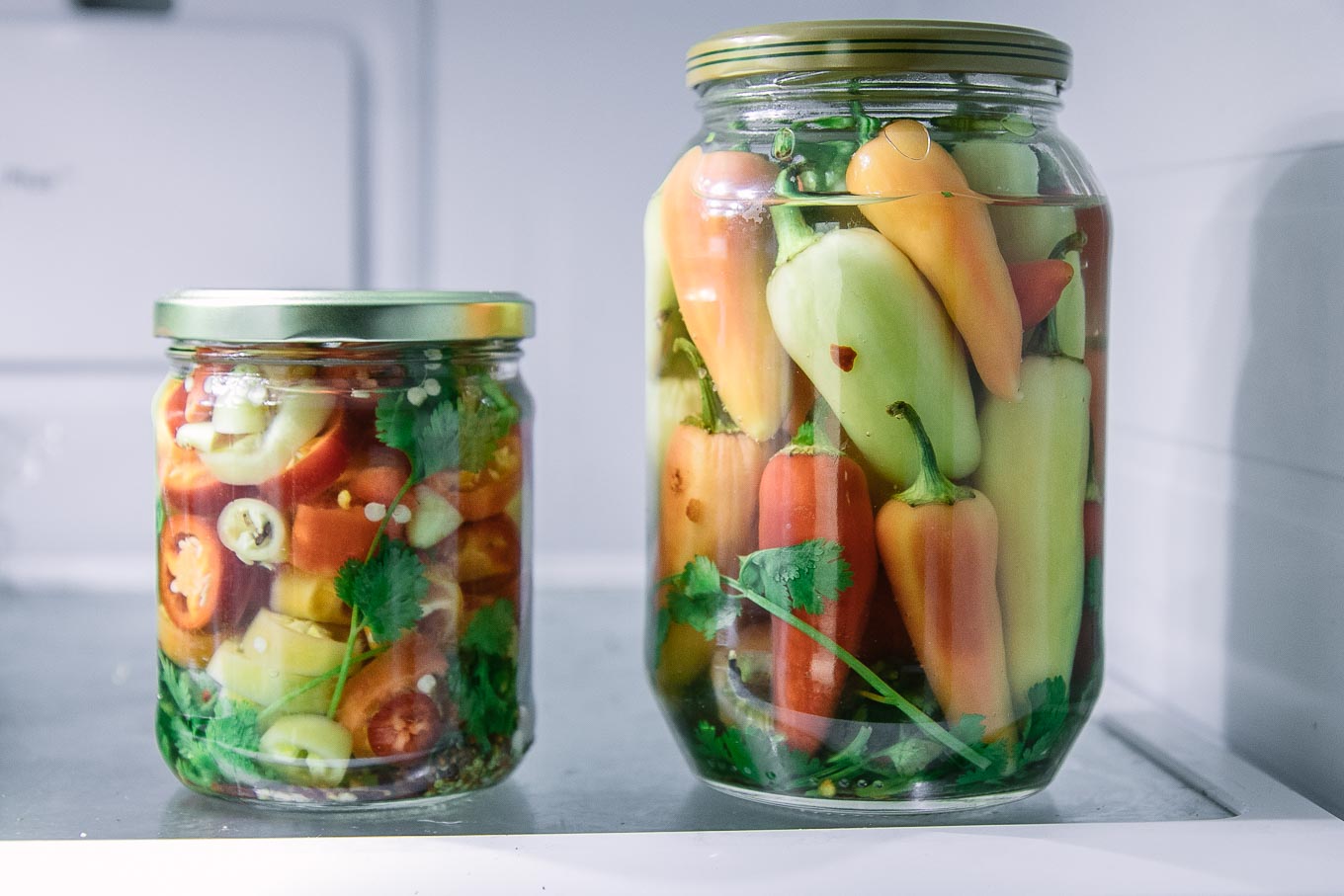
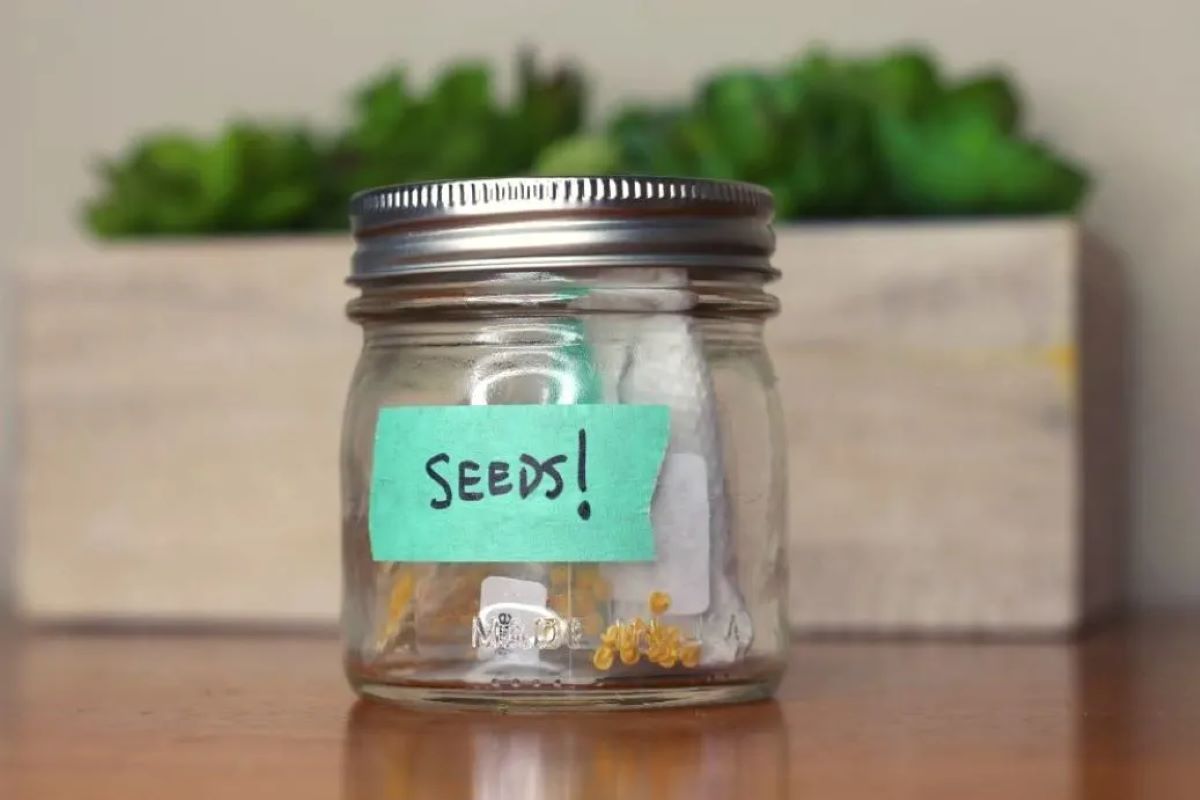
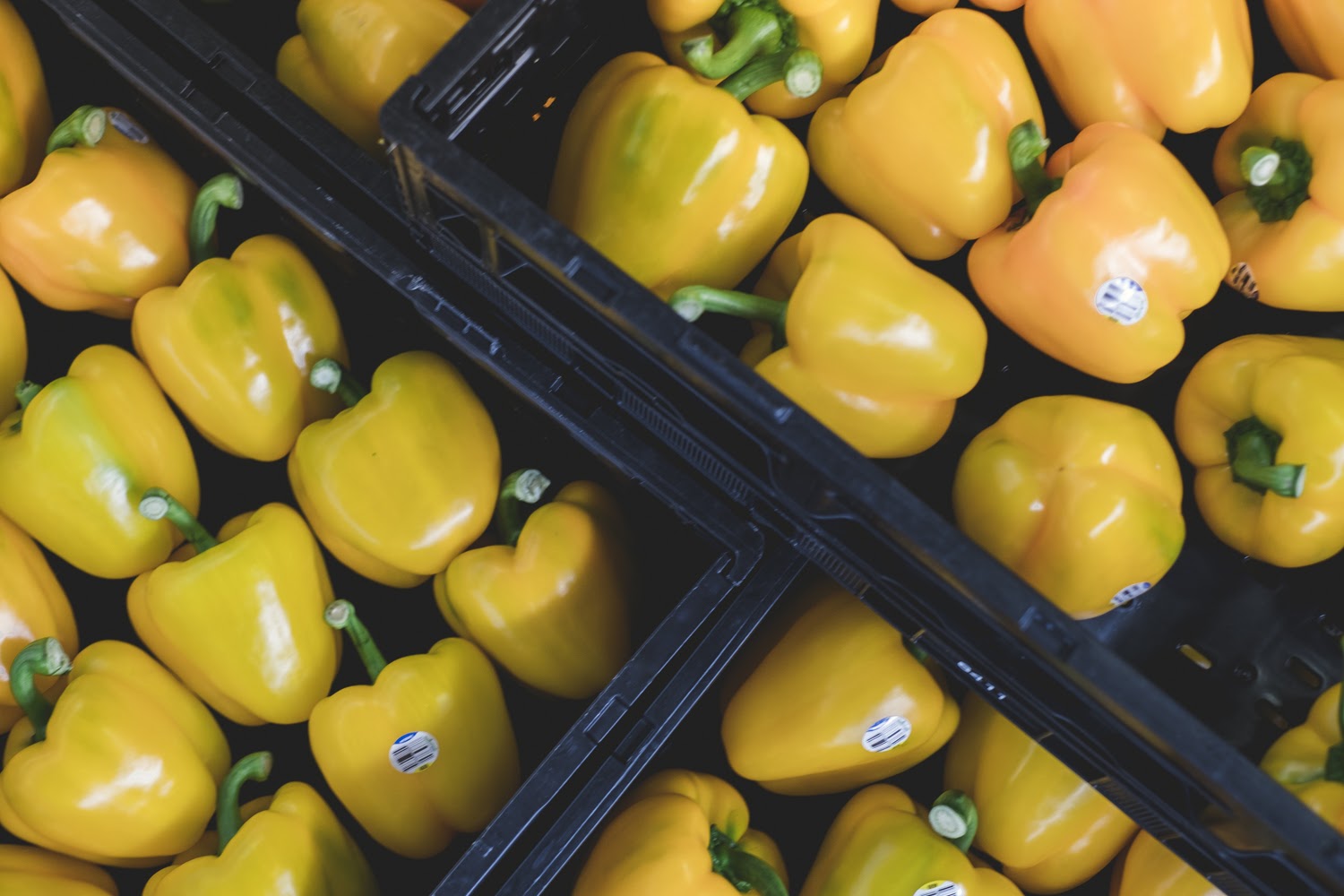

0 thoughts on “How To Store Hot Peppers In The Fridge”